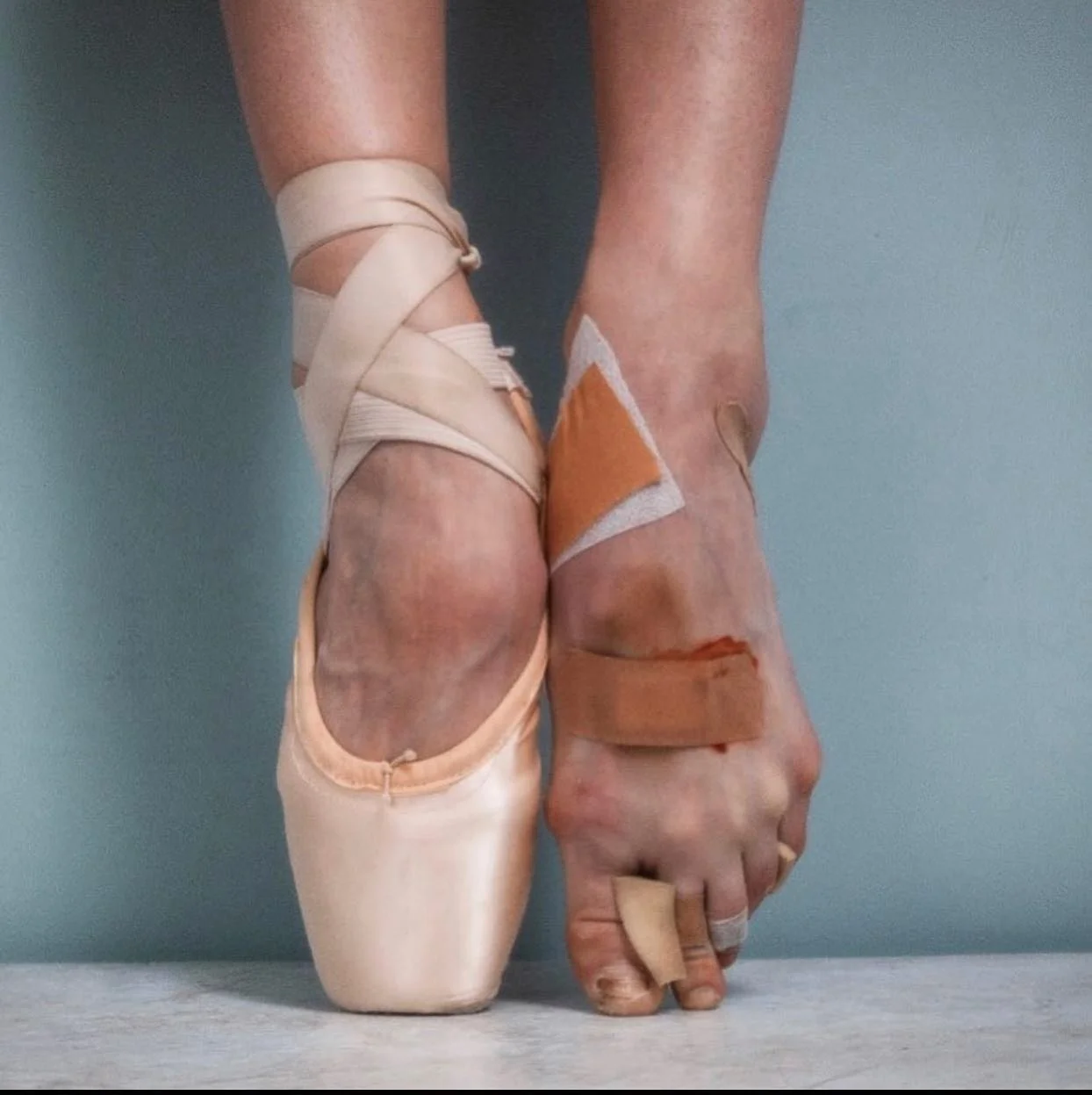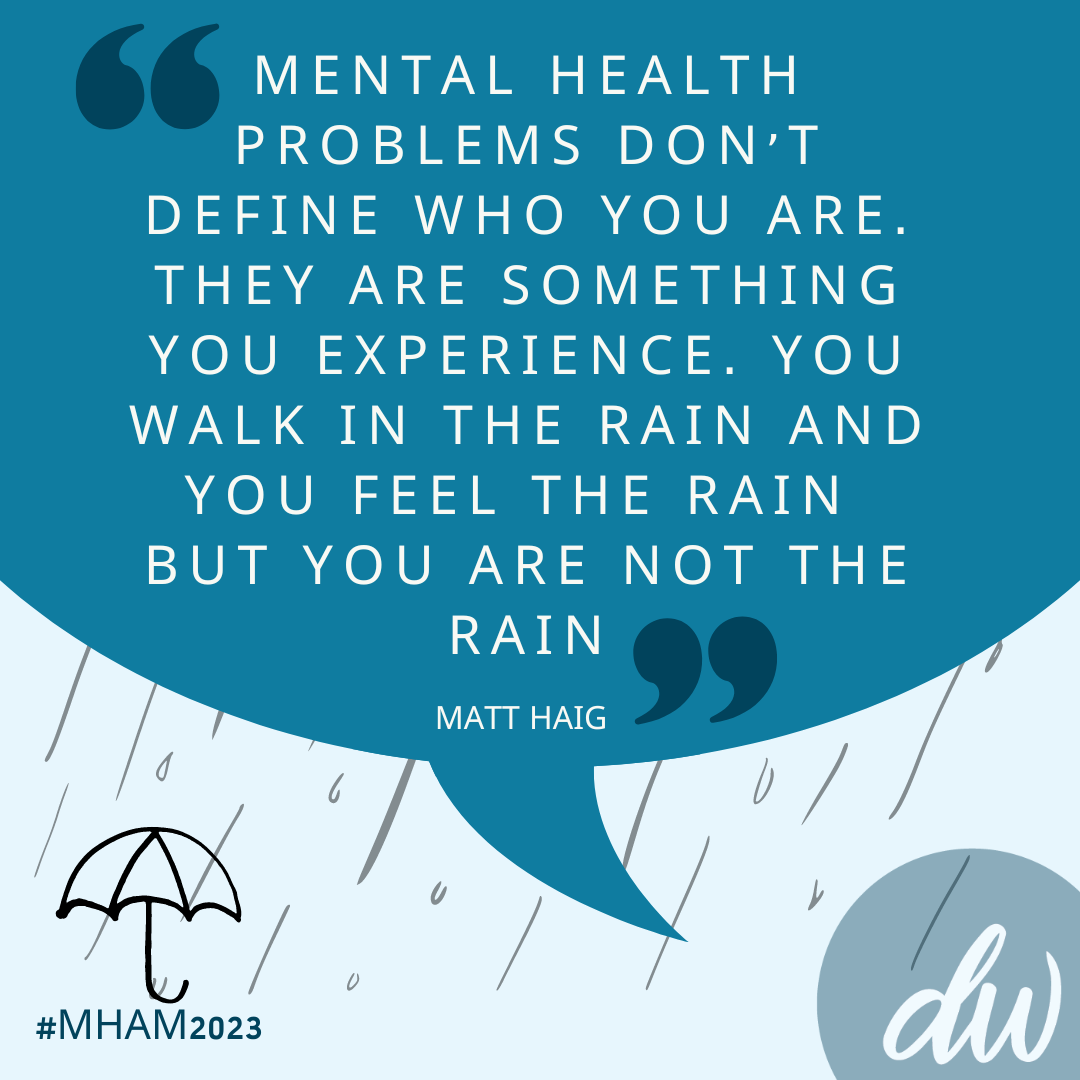When its more than the baby blues - #MHAM2023
Depression is not something seen on the outside
Postpartum depression is a type of depression that a woman can develop after giving birth. Years ago, the term was no where near as common as it is today. Today we talk about mental health, mental wealth, depression, anxiety and trauma, much more openly and freely, then we used to. This has also led to many more resources, programs and resources for new parents and caregivers.
With my second child,I had a bout of postpartum depression that was triggered by my environment: to summarize it all came down to lack of support.
We had only been in Canada 2.5 years, and I was without family, didn’t have many friends, my husband was working 2 jobs, and I was at home with 2 young children. What made it worse for me, that as a former nanny, I put a lot of pressure on myself to not feel, how I was feeling. I have spent my whole life working with children, of course - the children were not the issue, it was something outside of my control that was eating away at me mentally and greatly affecting my ability to cope well.
It took about 6 months to help me through this tough period. I would look in the mirror and not recognize the person looking back. I didn’t even recongnise myself.
Depression can range from moderate to severed it can develop shortly after delivery or up to a year later. Most of the time, it occurs within the first 3 months after giving birth.
Doctors believe that the hormone changes either drops or spikes in specific hormones during and after the pregnancy may be the culprit. There are several unspecified non-hormonal factors that may also affect the woman’s moods during this period such as the ones listed below:
Lack of sleep
Changes at work
Having less free time or time to do what you want
Worrying about being a good mother
Worrying about the baby
Worrying about returning to work or leaving the baby to go out for a little while
Changes in the relationship with the baby’s father
Changes in other relationships
Some women have a higher risk of developing postpartum depression. Here are some common factors that make some women more susceptible:
Unplanned pregnancy can create uncertainty about continuing the pregnancy (feelings of guilt of considering terminating the pregnancy after giving birth)
Under the age of 20 over the age of 40
Already have a mental illness (depression, bipolar disorder or an anxiety disorder)
Family history of depression
Abuse alcohol, take illegal drugs, or smoke (all of which can cause harm to the baby)
Single or have a bad relationship with the baby’s father
Financial difficulties
Have little to no support system (family and friends)
Any event that caused stress or trauma during the pregnancy (serious illness or death of a loved one) '
You had an illness or suffered an injury
Premature labor and delivery
Difficult labor that ended with an emergency vaginal delivery or C-section
Baby born with an illness or birth defect
If twins were born and only one survived
A woman who shows signs of postpartum depression needs to contact their doctor immediately. Please don’t let others tell you that your feelings are normal if you know that they are not. You know yourself better than anyone else, even though it can be hard to admit that things may not be wonderful, after all, we are told that it’s supposed to be an exciting time.
Let us look at some other helpful ideas - no one will judge you !1. Don't hide your feelings, talk about it with your spouse/partner, family or close friends
2. Don't try to do too much, you’re only one person
3. Make time for yourself, even if it is only an hour a day
4. Sleep when you can
If your baby doesn’t sleep through the night, then sleep when the baby sleeps ( if you have one baby that is ) if you have more than one, call in help from family and friends if you can. Don’t assume that people won’t help you, or have the time, its okay to ask fro help and speak up.
Talk to other recently new moms about how they are feeling and what you can do to feel more like your old self - I have a Facebook group full of lovely parents, who are always more than happy to share their thoughts and advice for new Mums, after all most of us have a story to two to tell.
If you need to, go to therapy or join a support group for new moms or moms with postpartum depression there are many community based organizations here in the lower mainland a popular one is .
Postpartum depression is serious and should not be taken lightly or ignored. If you have extended family or friends who just do not understand, then maybe it is best if you separate yourself from them until you are feeling better again and have spent time taking care of yourself.
We want to do all we can to support families.
Many families tell us of the overall improvement in their mental health after better sleep is achieved.
Feeling like you are unsure?
You don't have to do it alone - even just sending an email to tell your story is a start.
Don’t keep it to yourself, sharing your story actually helps other parents who may feel the same. The reason that I like the image of the ballerina shoes is the power in the message that you just don’t know what goes on behind closed doors, just because someone seems like they are okay on the outside, it is not a good reflection of what is going on, on the inside.
Mental Health in new parents
Read more from John Hopkins Medicine on depression here.


